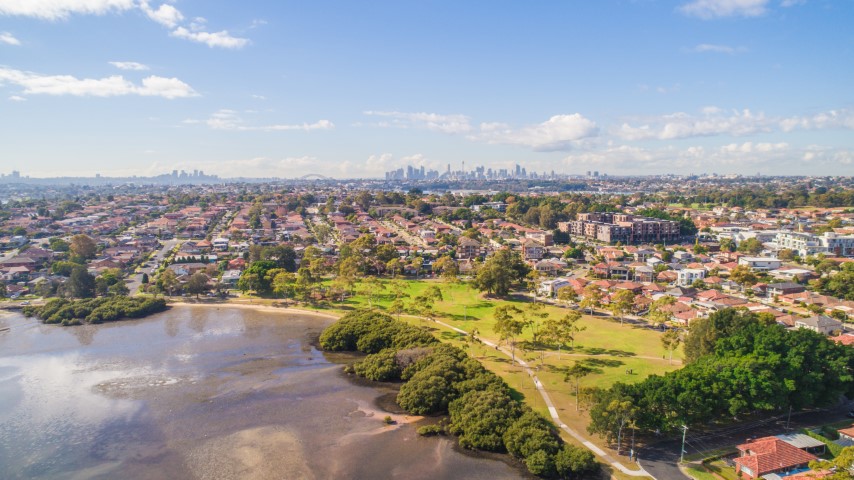- Residents
-
Community
-
Community services
-
Facilities & venues
-
Get involved
-
Parking & transport
-
 Help plan the City of Canada Bay's future and steer decisions on issues that matter to you.Share your feedback Collaborate Canada Bay
Help plan the City of Canada Bay's future and steer decisions on issues that matter to you.Share your feedback Collaborate Canada Bay
-
Community services
- Lifestyle
-
Business
- Development
- Council
Building Certification / PCA
Breadcrumb
- City of Canada Bay Council
- Development
- Building & construction
- Building certification/PCA
What is a Principal Certifying Authority?
The Principal Certifying Authority (PCA) plays an integral role in the construction process, overseeing the management of the development consent from the commencement of work through to the completion of the building, subsequent issuing of the occupation certificate and conducting inspections at each required stage. You can appoint Council to be the PCA. Council's Certification Team offer a variety of services in a professional and efficient manner.
Appointment of a Principal Certifying Authority
Prior to any building or subdivision work being carried out, a Construction Certificate or complying development certificate must be approved and a PCA must be appointed for the development. To appoint Council as your PCA please complete Council's Principal Certifying Authority Service Agreement and submit to Council. Council can be nominated as the PCA within the following suburbs - Abbotsford, Breakfast Point, Cabarita, Canada Bay, Chiswick, Concord, Concord West, Drummoyne, Five Dock, Liberty Grove, Mortlake, North Strathfield, Rhodes, Rodd Point, Russell Lea and Wareemba. If you do not appoint Council as the PCA, you must notify Council of the appointment of the Accredited Private Certifier at least 2 days prior to the commencement of any building work.
Download our brochure to learn more about building certification and the difference between private and Council building certifiers.
What are the Roles and Responsibilities of the PCA?
Being appointed as a PCA imposes certain responsibilities whether you have appointed Council or an Accredited Private Certifier. These obligations are as follows:
- To conduct a proper inspection of each required stage of construction;
- To certify at each stage of inspection that the works are being carried out in accordance with the Development Consent;
- To promptly advise the applicant if any works have been carried out that are inconsistent with the Development Consent;
- To serve notices under s121 of the Environmental Planning and Assessment Act if any non-compliances are identified with the terms of the Development Consent;
- To issue an Occupation Certificate for any building work or change of use of a building when the relevant application has been lodged with Council and when all the required works and conditions have been satisfied;
- To promptly advise the applicant, after each inspection of any outstanding work;
- To certify that all the conditions required by the Development Consent, Building Code of Australia (BCA) and technical standards are complied with; and
- To oversee the legislative requirements of the construction process from commencement to completion.
